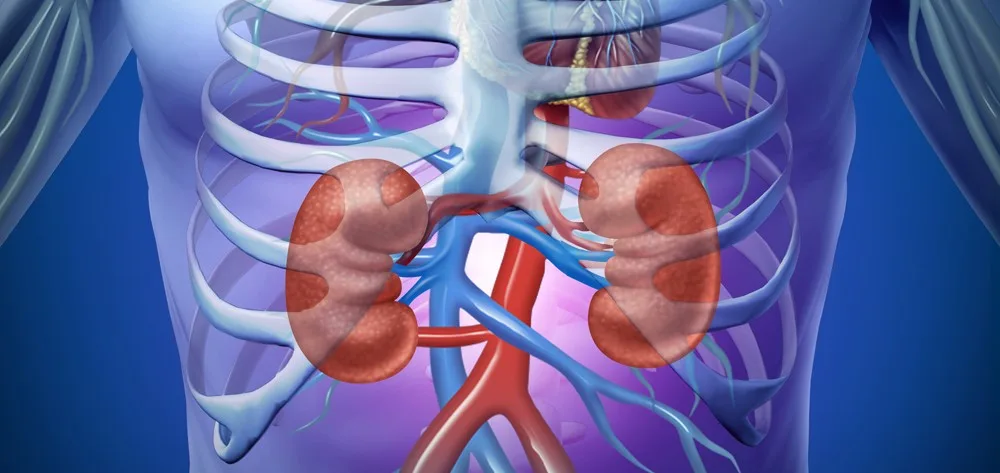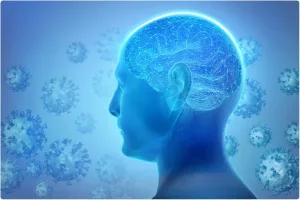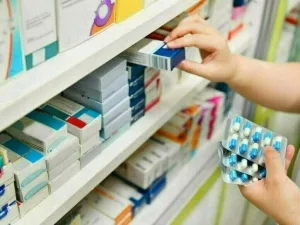Acute Kidney Injury (AKI) is a sudden and often reversible decline in kidney function. This condition, which affects the kidneys’ ability to filter waste from the blood, can lead to a build-up of toxins and disrupt the body’s chemical balance. AKI is more commonly seen in hospitalized patients, particularly those in critical care units (ICU). If left untreated, AKI can become severe and potentially fatal, but with prompt medical intervention, it is often reversible.
What is Acute Kidney Injury?
Acute Kidney Injury, previously referred to as Acute Renal Failure, occurs when the kidneys stop functioning properly in a short period of time. This can happen over hours or days and can vary from mild to severe. In severe cases, AKI can lead to complete kidney failure, where the kidneys are unable to filter waste, resulting in a life-threatening situation. However, with proper medical care, kidney function can return to normal, especially in individuals without pre-existing kidney issues.
Symptoms of Acute Kidney Injury
The symptoms of AKI can vary depending on the severity of the condition but commonly include:
- Decreased urine output
- Fluid retention, leading to swelling in the legs, ankles, or feet
- Extreme fatigue
- Mental confusion or disorientation
- Nausea or vomiting
- Pain in the abdomen or lower ribs
- General body weakness
- Irregular heart rhythms
- Itching or rash
- Loss of appetite
- Chest pain or pressure
In some cases, there may be no noticeable symptoms, and AKI may only be detected through blood tests or urine analysis.
When to See a Doctor
If you experience any of the above symptoms or suspect kidney injury, seek medical attention immediately. Early diagnosis and treatment are critical to prevent the progression of AKI.
Causes of Acute Kidney Injury
AKI can develop for various reasons, which are classified into three main categories: pre-renal, intrinsic, and post-renal causes.
- Pre-Renal Causes: These are factors that reduce blood flow to the kidneys, including:
- Dehydration
- Infections (such as sepsis)
- Certain medications like NSAIDs (e.g., ibuprofen, aspirin)
- Blood loss or severe fluid loss
- Severe low blood pressure
- Heart attack or other heart diseases
- Liver failure or cirrhosis
- Intrinsic Causes: These involve direct damage to the kidneys, such as:
- Inflammation of the kidney filters (glomerulonephritis)
- Medications like chemotherapy drugs or certain antibiotics
- Infections, including viral infections like COVID-19
- Toxins (alcohol, heavy metals, cocaine)
- Blood clots within the kidneys
- Rhabdomyolysis, or muscle damage leading to kidney injury
- Post-Renal Causes: These occur when there is an obstruction in the urinary tract, such as:
- Kidney stones
- Enlarged prostate
- Cancer in the bladder, prostate, or colon
- Urinary tract obstruction
Risk Factors for Developing Acute Kidney Injury
While AKI can happen to anyone, certain factors increase the risk of developing the condition:
- Chronic kidney disease
- Older age, though children can also be affected
- Severe illness requiring hospitalization, particularly in an ICU
- Peripheral artery disease affecting the blood vessels in the arms or legs
- Diabetes, especially if poorly controlled
- Hypertension (high blood pressure)
- Heart failure
- Liver diseases
- Certain cancers and cancer treatments
Complications of Acute Kidney Injury
If not addressed promptly, AKI can lead to several complications:
- Fluid buildup in the lungs, causing difficulty breathing
- Chest pain due to inflammation around the heart
- Muscle weakness due to imbalances in fluids and electrolytes
- Chronic kidney disease or permanent kidney damage, which may lead to kidney failure
- Death, in severe cases, if the kidneys fail to function completely
Preventing Acute Kidney Injury
Preventing AKI involves maintaining good kidney health and addressing underlying conditions. Key steps include:
- Treating infections promptly and managing chronic conditions like diabetes, high blood pressure, and kidney disease
- Avoiding harmful medications, particularly pain relievers like aspirin, ibuprofen, and naproxen if you have kidney disease
- Staying hydrated, but avoiding excessive fluid intake in certain conditions
- Living a healthy lifestyle, including a balanced diet, regular exercise, and avoiding alcohol or excessive salt
Diagnosis of Acute Kidney Injury
To diagnose AKI, doctors may recommend the following tests:
- Blood tests to measure urea and creatinine levels, which indicate kidney function
- Urine output measurements over 24 hours to evaluate kidney performance
- Urine tests to check for signs of kidney damage
- Imaging tests, such as ultrasound or CT scans, to visualize kidney structures
- Kidney biopsy, in some cases, to obtain a sample of kidney tissue for analysis
Treatment Options for Acute Kidney Injury
The treatment for AKI depends on the underlying cause. It may involve:
- Addressing the underlying cause, such as stopping harmful medications or treating infections
- Managing complications, like restoring fluid balance or controlling electrolyte levels
- Dialysis, in severe cases, to filter waste and excess fluids from the blood
- Supportive care, including rest, medications, and close monitoring
In most cases, AKI is reversible with prompt and appropriate treatment. Once kidney function is restored, lifestyle changes and continued medical care can help prevent future occurrences.
Conclusion
Acute Kidney Injury is a serious but often treatable condition that can lead to kidney failure if left unchecked. Understanding the causes, symptoms, and treatment options can help you take preventive measures and seek timely medical attention. With proper care, many individuals can recover from AKI and return to normal kidney function.
#AcuteKidneyInjury #KidneyFailure #AKI, #KidneyHealth #KidneyDamage #Dialysis #RenalHealth #KidneyFunction #KidneyCare #HealthAwareness




+ There are no comments
Add yours